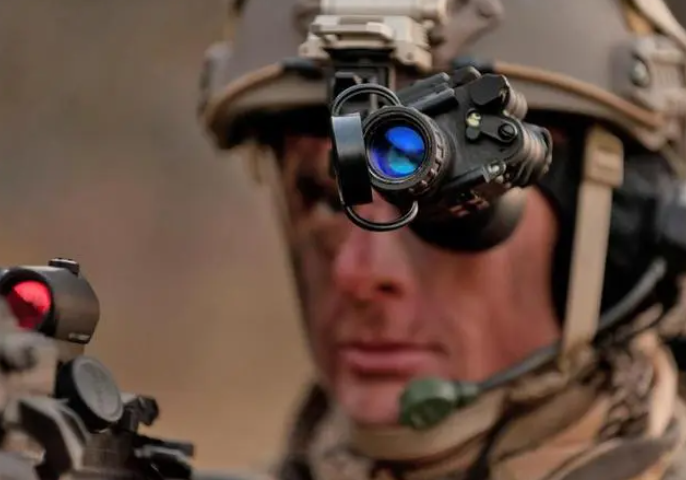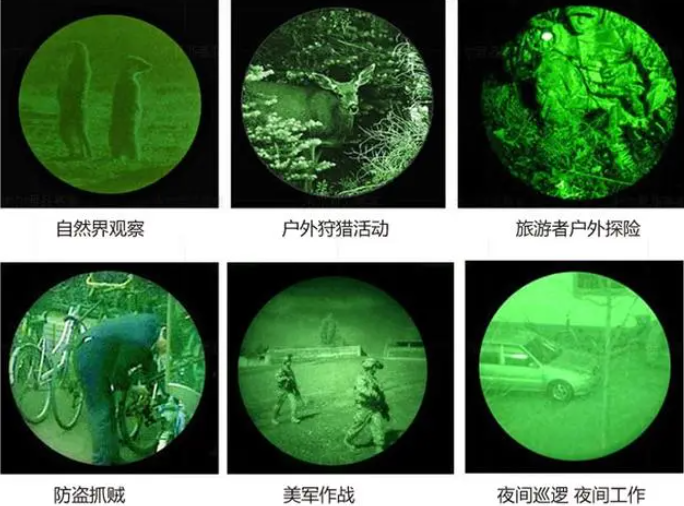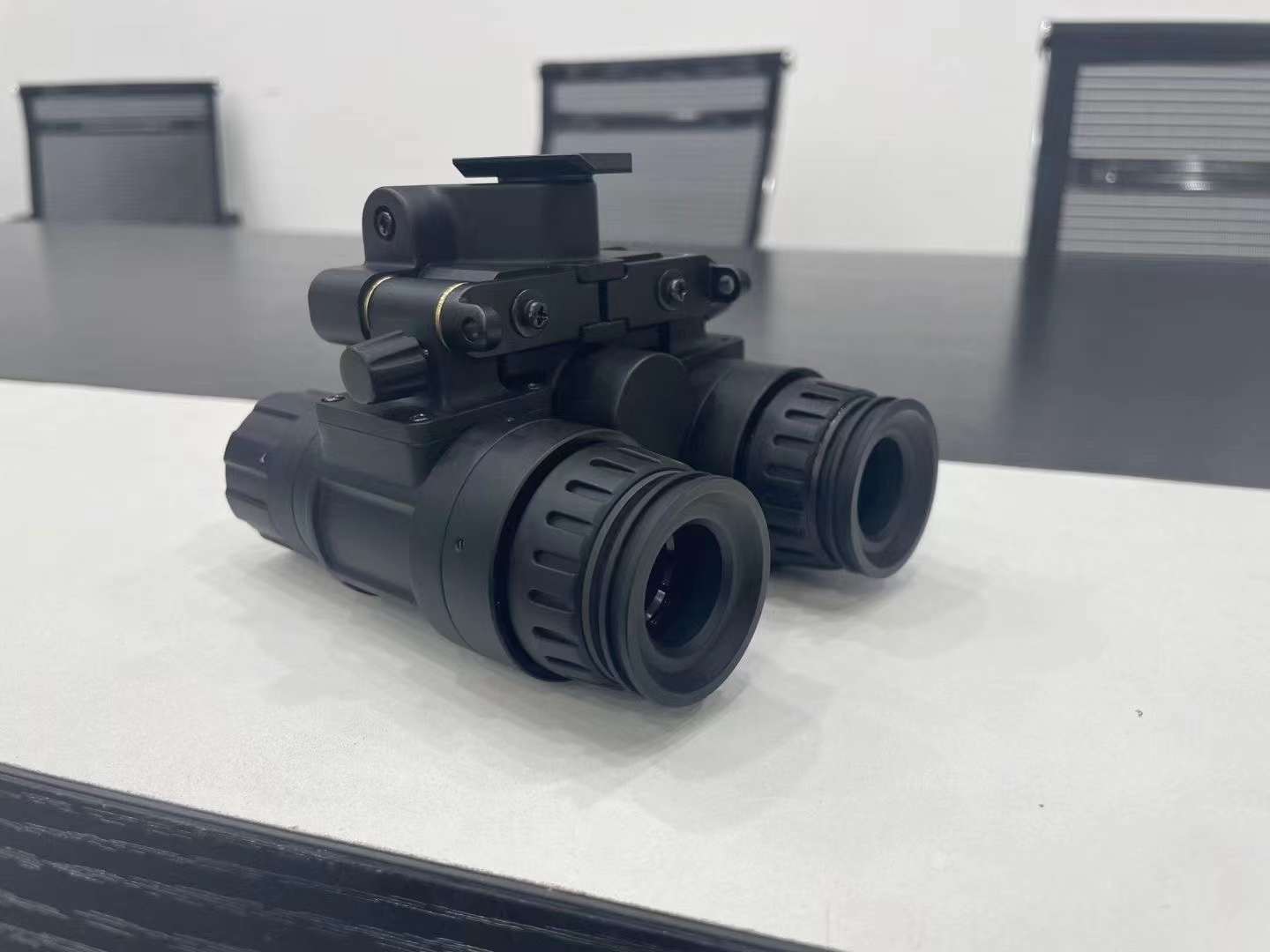When choosing a night vision device, you need to understand the characteristics and application scope of monocular and binocular night vision devices. Monocular night vision devices are small, convenient, economical and suitable for occasions that require long-term use, such as hunting or observation. They put less pressure on the head and have excellent peripheral perception. However, please note that monocular night vision devices may affect depth perception and require frequent switching of eyes when using them to ensure safety.

In comparison, binocular night vision devices can provide more realistic visual effects, which are particularly important for depth perception and precise operation, especially in tactical environments or high-risk scenarios. They can help users quickly estimate distances and accurately identify targets, making night operations more efficient and safer. However, binocular night vision devices are slightly more expensive and heavier, which may cause discomfort to long-term wearers.
In general, the choice of monocular or binocular night vision devices should be determined based on personal needs and actual application scenarios. If you pursue cost-effectiveness and lightness, monocular night vision devices may be more suitable; if you focus on depth perception and excellent performance, you may consider purchasing binocular night vision devices. In order to better understand the characteristics of the two night vision devices, it is recommended that you further understand their technical details and working principles.

Monocular night vision devices mainly use infrared detectors to capture infrared rays in the environment and then convert them into visible light images. This process is called "thermal imaging". Monocular night vision devices have clear images and can still work normally under low illumination. However, because they only use one eye to watch, depth perception may be affected, and eyes need to be frequently exchanged when using them.
In contrast, binocular night vision devices use two infrared detectors to collect infrared rays in the environment and then generate stereo images, namely "binocular stereo vision". Binocular night vision devices can provide a more realistic visual experience, which is crucial for depth perception and precise operation, especially in tactical environments and high-risk tasks. It can help users quickly estimate distances and accurately identify targets, making night operations more efficient and safer. But please note that binocular night vision devices are slightly more expensive and heavier, which may cause discomfort to long-term wearers.

In summary, monocular and binocular night vision devices have their own characteristics, and the choice of which night vision device should be based on personal needs and actual application scenarios. If you pursue cost-effectiveness and lightness, monocular night vision devices may be more suitable; if you focus on depth perception and excellent performance, you may consider buying binocular night vision devices.


